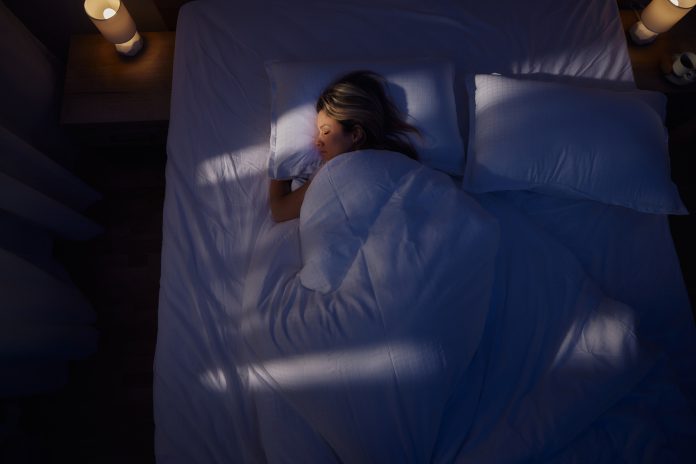This September we look at raising awareness about the importance of a good night’s sleep
Sleep is fundamental to our well-being but many people are still not getting enough of it. Research shows that about a third of adults sleep only five to six hours per night, well below the recommended amount.
With busy lives and growing stress levels, this Sleeptember it’s time to focus on how we sleep and why it’s vital to our health.
Why sleep matters
Sleep plays a crucial role in our physical, mental, and emotional health. It affects everything from memory and learning to mood and energy levels.
It’s also crucial for long-term health, helping to protect us from serious issues like high blood pressure, heart disease, and diabetes. Without enough sleep, you may feel irritable, struggle with concentration, and even find it harder to make decisions.
In the long term lack of sleep affects your mood and your productivity but can also weaken your immune system, making you more vulnerable to illness. Prioritising sleep is just as important as eating well and exercising.
The biggest sleep disruptors
Several lifestyle factors can impact sleep quality. Stress and anxiety are top of the list, whether it’s from work pressures, financial worries, or personal concerns.
Bad habits also contribute to poor sleep, such as irregular sleep schedules, overconsumption of caffeine or alcohol, and using technology before bed. The blue light from screens suppresses melatonin, a hormone that regulates sleep, making it harder to drift off.
The general recommendation is that adults should aim for 7 to 9 hours of sleep per night. The key indicator is how you feel the next day. If you wake up feeling refreshed and ready to take on the day, you’re likely getting enough rest. On the other hand, if you wake up groggy and exhausted, it may be time to evaluate your sleep habits.
Creating a better sleep routine
To improve your chances of getting a good night’s sleep, it’s important to establish a calming bedtime routine. Try winding down with relaxing activities like reading, listening to soothing music, or taking a warm bath. Avoid technology before bed, and make sure your bedroom is a peaceful environment, dark, quiet, and cool.
Healthy lifestyle changes can also help. Avoid caffeine a few hours before bedtime and opt for herbal teas or warm milk instead. A small, light snack may help some people feel more relaxed, but avoid heavy meals and spicy foods right before sleep.If you’re finding it hard to sleep, by making small changes to your daily habits and fine-tuning your nightly routine, you can significantly improve your sleep quality.











